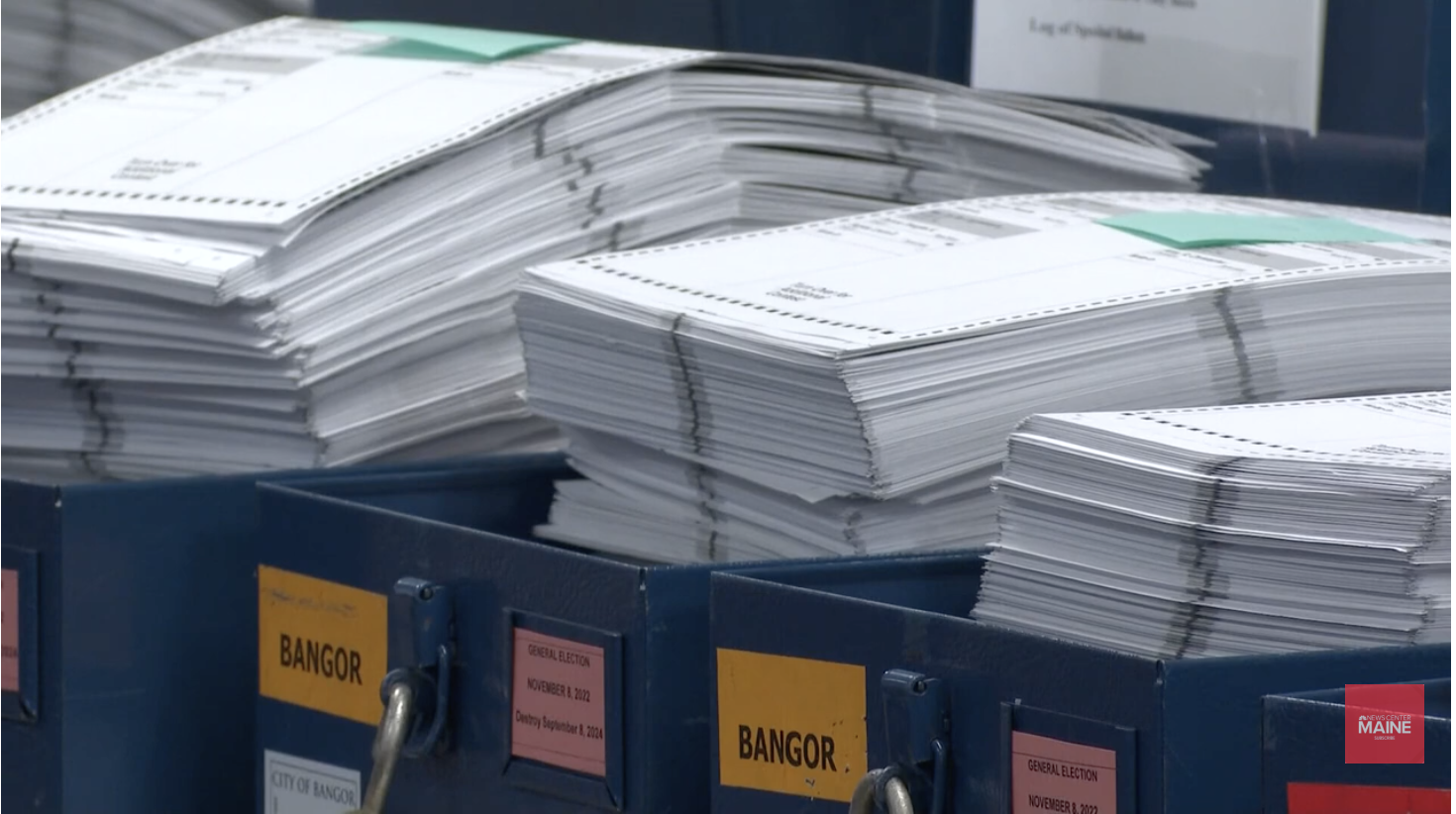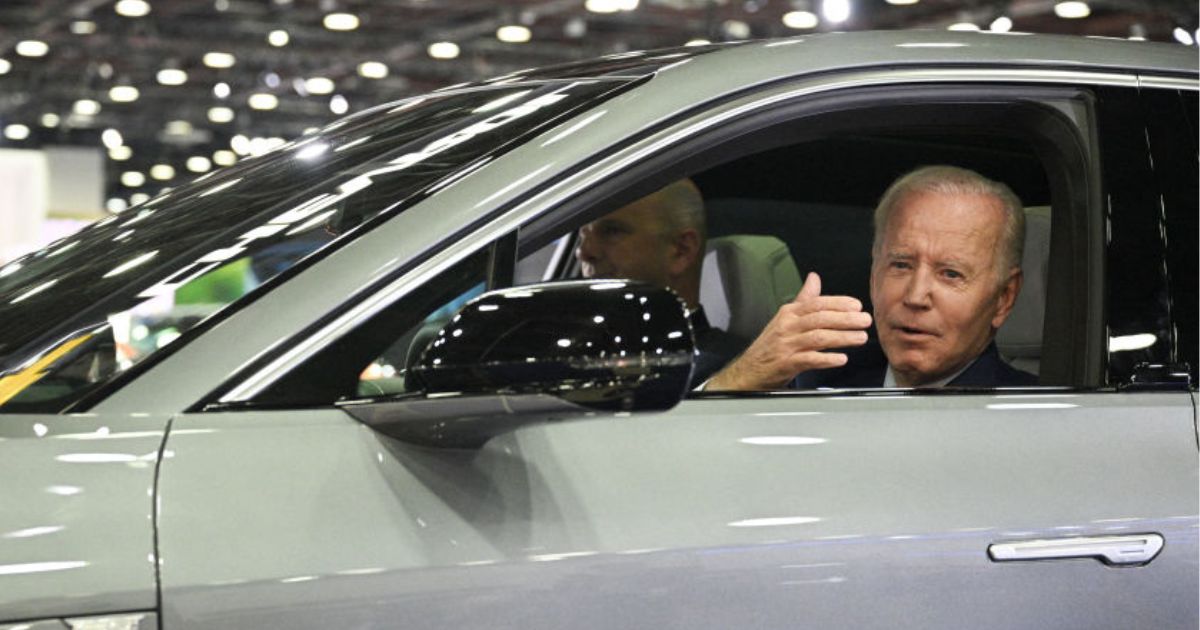Michigan pours millions into EV infrastructure
Michigan is investing millions of dollars too expand its electric vehicle (EV) infrastructure as part of its broader clean energy goals. The state recently awarded $1.84 million in grants through the Clean Fuel and Charging Infrastructure Program, funding 201 new EV charging stations at 31 multifamily housing properties. This effort aims to address the lack of at-home charging options for many residents. Michigan has allocated $30 million for this program in 2024, with additional funding rounds forthcoming.
MichiganS clean energy plan, known as the MI Healthy Climate Plan, strives to support 2 million EVs on the roads by 2030. Currently, the state has about 1,700 charging locations but will need considerably more – around 10,000 DC fast chargers and 90,000 Level 2 chargers – to meet future demands. Along with charging infrastructure, Michigan is also funding electric school buses, allocating $35.9 million to help schools purchase 87 electric and 10 propane buses, despite the high cost of electric buses compared to diesel models. These initiatives reflect Michigan’s commitment to reducing emissions and promoting cleaner air through increased adoption of electric transportation.
Michigan pours millions into EV infrastructure
(The Center Square) – As Michigan ramps up its push for an electric future in transportation, the state is rolling out new grants to expand the electric vehicle infrastructure.
It recently announced $1.84 million in taxpayer-funded grants through the Clean Fuel and Charging Infrastructure Program.
That amount makes up just the first two rounds of funding. In total, $30 million was allocated to the program in 2024 as a one-time amount.
The $1.84 million funded 201 new electric vehicle charging stations at 31 multifamily properties across Michigan. That means each station cost an average of $9,200.
The next two rounds of funding, which should be announced soon, will also fund stations as multifamily properties. According to a statement from the Michigan Department of Environment, Great Lakes, and Energy, which implements the program, this is because those sites often “lack at-home charging options.”
This is all part of a broader clean energy plan that Michigan is hoping to implement, titled the MI Healthy Climate Plan.
As part of that plan, the state plans “to build out the infrastructure to support 2 million EVs on Michigan roads by 2030.”
Currently, the state reports 1,700 charging locations across Michigan. To support its 2030 goal, “Michigan will need approximately 10,000 DCFC and 90,000 Level 2 chargers,” making this program just a small part of the state’s overall EV charger plan.
This is just one of many grant programs funded by the taxpayers in Michigan that are pushing this climate plan.
Another example is a recently announced new round of funding totaling $35.9 million for electric school buses. This funding is part of the Michigan Department of Education’s $125 million Clean Bus Energy Grant program, which will help 23 schools and districts add 87 electric buses and 10 propane buses to fleets across the state.
While the typical new diesel school bus can cost in the $125,000 to $150,000 range, electric school buses are substantially more expensive. Many electric school buses currently cost about $300,000 to $400,000.
WHAT DEMOCRATS HAVE SAID ABOUT VOTING TO END THE GOVERNMENT SHUTDOWN
The MDE’s grant program is allocating about $370,000 per bus. Interim State Superintendent Sue C. Carnell applauded the funding.
“Children and others in their communities benefit from cleaner air,” she said. “We are happy to work with our partners at the Michigan Department of Environment, Great Lakes, and Energy to make our state greener.”
" Conservative News Daily does not always share or support the views and opinions expressed here; they are just those of the writer."




